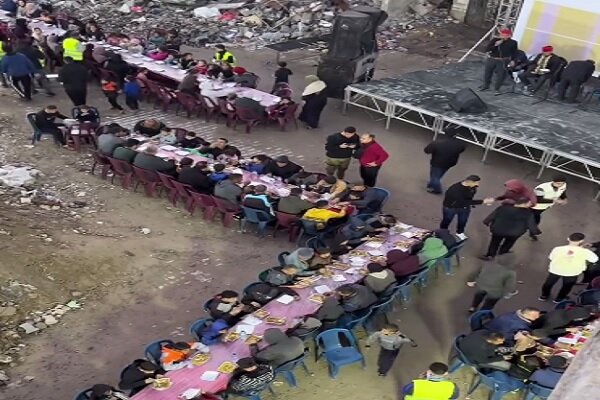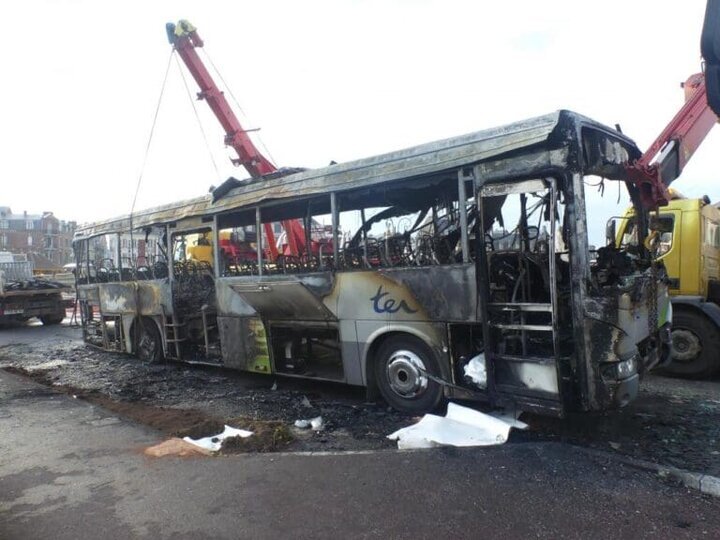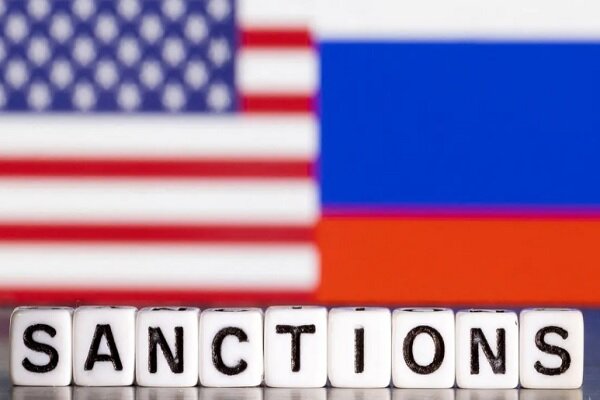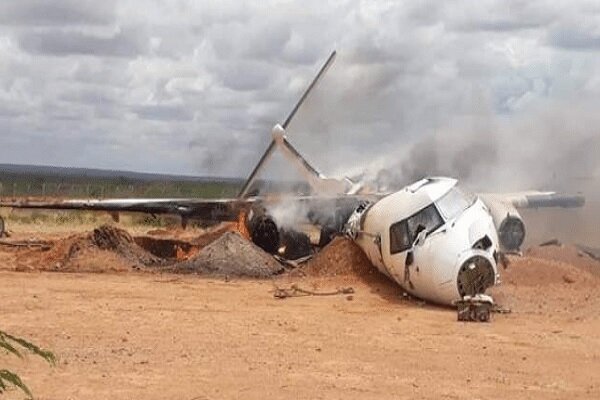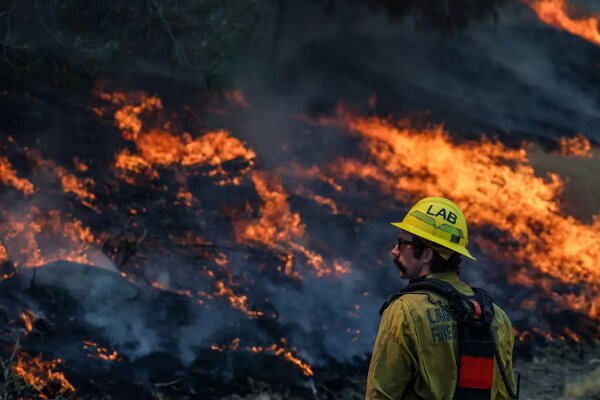Resilience in Ruins: Gazans Celebrate Their First Iftar Amidst the Rubble
As the Holy month of Ramadan begins, the first Iftar holds significant meaning for many, particularly for Palestinians in Gaza. This sacred occasion is marked by gathering with family and friends to break the fast, even amid the challenges posed by ongoing conflict. The tragic backdrop of destruction serves as a poignant reminder of their resilience and unity.
On February 23, the first Iftar of Ramadan saw Palestinians in Gaza come together to end their fast. Despite the rubble surrounding them, the spirit of community and faith shone brightly. This gathering is not just a meal; it represents hope and endurance in the face of adversity.
The situation in Gaza has been dire for the past 15 months, with ongoing violence leading to significant loss and destruction. The impact of the Israeli operations has left many neighborhoods in ruins, yet the people continue to uphold their traditions. Here are some key points reflecting the current conditions and sentiments:
- Resilience in Adversity: Despite the destruction, the community remains united, showcasing their ability to adapt and persevere.
- Importance of Iftar: The breaking of the fast during Ramadan is a sacred time for prayer, reflection, and community bonding.
- Symbol of Hope: Gathering for Iftar amidst the rubble symbolizes hope for a better future.
- Collective Strength: Families and friends come together, reinforcing their support systems during challenging times.
During this Holy month, the significance of Iftar extends beyond just food. It is a time for spiritual reflection, charity, and a reminder of the importance of community ties. In Gaza, the act of breaking the fast becomes a powerful statement of resilience and solidarity.
As families gather around the table, sharing traditional meals, they also share stories of loss and hope. The food served during Iftar often includes staples such as dates, water, and a variety of local dishes that reflect the rich culture of Palestinian cuisine.
Moreover, Iftar serves as a vital opportunity for families to reconnect, especially in a time when many have been separated due to the ongoing conflict. The act of coming together to share a meal fosters a sense of normalcy amidst chaos.
In addition to the emotional significance, the first Iftar of Ramadan allows families to express gratitude for the food they have, no matter how scarce it may be. This practice resonates deeply within the community, emphasizing the importance of compassion and generosity, particularly towards those less fortunate.
While the situation in Gaza remains critical, the spirit of Ramadan encourages individuals to focus on their faith and community. The month is traditionally a time of increased charitable giving, known as Zakat, where those who are able are encouraged to help those in need.
As the first Iftar unfolds, it is crucial to remember the broader implications of this month. Ramadan is not only a time of fasting and prayer but also a period that encourages peace and understanding among different communities. The struggles faced by the people of Gaza highlight the need for global awareness and action towards lasting peace in the region.
In conclusion, the first Iftar during Ramadan serves as a powerful reminder of the strength of the Palestinian people. Amidst the rubble and ruins, their unwavering spirit shines through, showcasing their commitment to faith, family, and community. As they gather to break their fast, they embody hope for a brighter future.
As the world watches, it is essential to acknowledge their plight and advocate for peace and justice. The message of Ramadan resonates beyond borders, calling for unity and compassion for all.
